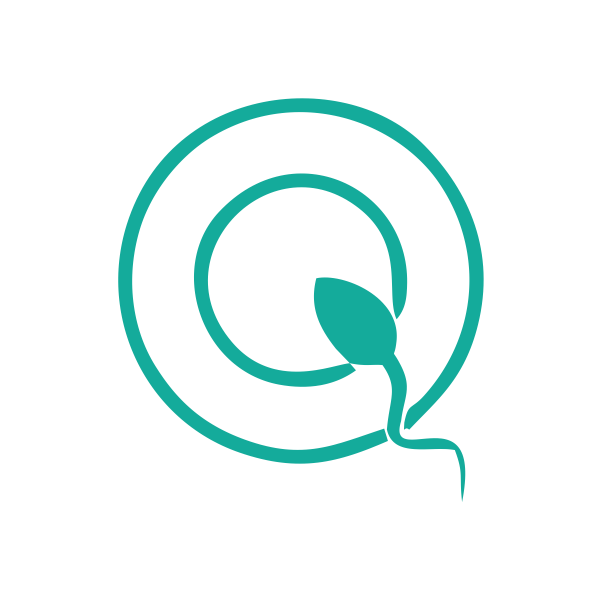
IVF / ICSI

In Vitro Fertilisation & Intra Cytopolasmic Sperm Injection
Your ovaries are stimulated with hormonal injection ( FSH) and the growth of follicles is monitored on sonography( TVS) till 4-5 large follicle ( > 1.8 cm ) are noted in each ovary. A trigger is given with Inj hCG and your eggs are collected under anaesthesia with Trans vaginal Ultrasound( TVS) guidance using a needle. The retrieved eggs are then fertilised with your husband’s processed semen sample in a petridish. which is the actual process of In Vitro Fertilisation (IVF). In case of poor semen parameters or severe male factor where the sperm count & quality is not good, a single sperm of the husband is injected into the egg under the microscope with the help of an instrument called the micro-manipulator. After 16-18 hours the eggs are checked for fertilisation and grown till 8 cells Day 3 or 100 cell stage( Blastocyst) Day 5 and transferred back to your uterus when the uterine lining and hormone levels are normal.
How is IVF done?
In simple words, it is a process of getting an egg fertilized by a sperm to form an embryo outside human body. The ovary is medically stimulated to have maximum number of eggs. The eggs are extracted and are fertilised using the partner’s or donor’s sperm in a test tube. The matured embryos are then transferred back to the uterus.
Must know IVF facts?
- Women with blocked, damaged or removed Fallopian tubes, low productivity of eggs, uterine fibroid and Premature Ovarian Failure can be candidates for IVF
- Men with lower sperm count or poor sperm motility, people with genetic disorder and unexplained infertility may also opt for the procedure
- Women may experience abdominal cramps or gain a little weight after the procedure
- Occasionally, vaginal bleeding during the egg transfer may happen
- Women opting for IVF may have multiple pregnancies
How is ICSI done?
In ICSI, the sperm is injected directly into the egg. The fertilized egg grows in the laboratory under suitable conditions to form an embryo. After the embryo develops optimally, it is transferred in the women’s womb.
ICSI Treatment Facts
- ICSI Treatment is recommended when there are only a few good sperms available for fertilization.
- Men with lower sperm count, blockage in their reproductive tract, abnormal or low sperm motility may try out ICSI
- ICSI side effects may include multiple pregnancies, miscarriages and inherited genetic disorders from parents to the new born
- Chances of the baby having major birth defects are only around 1.5% to 3 %; very similar to babies conceived naturally.
- The success rate of ICSI Treatment is somewhat similar to that of IVF ranging around 30%-40%. However, younger women have higher success rate.
